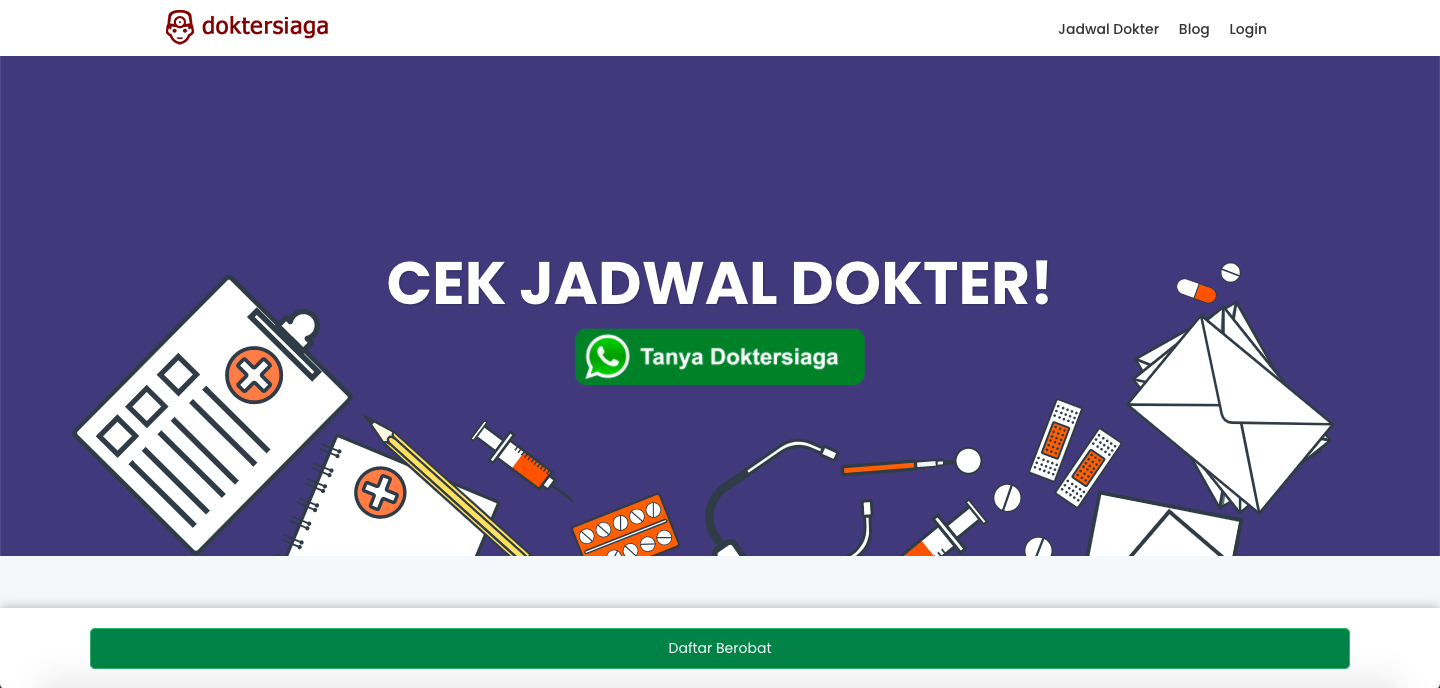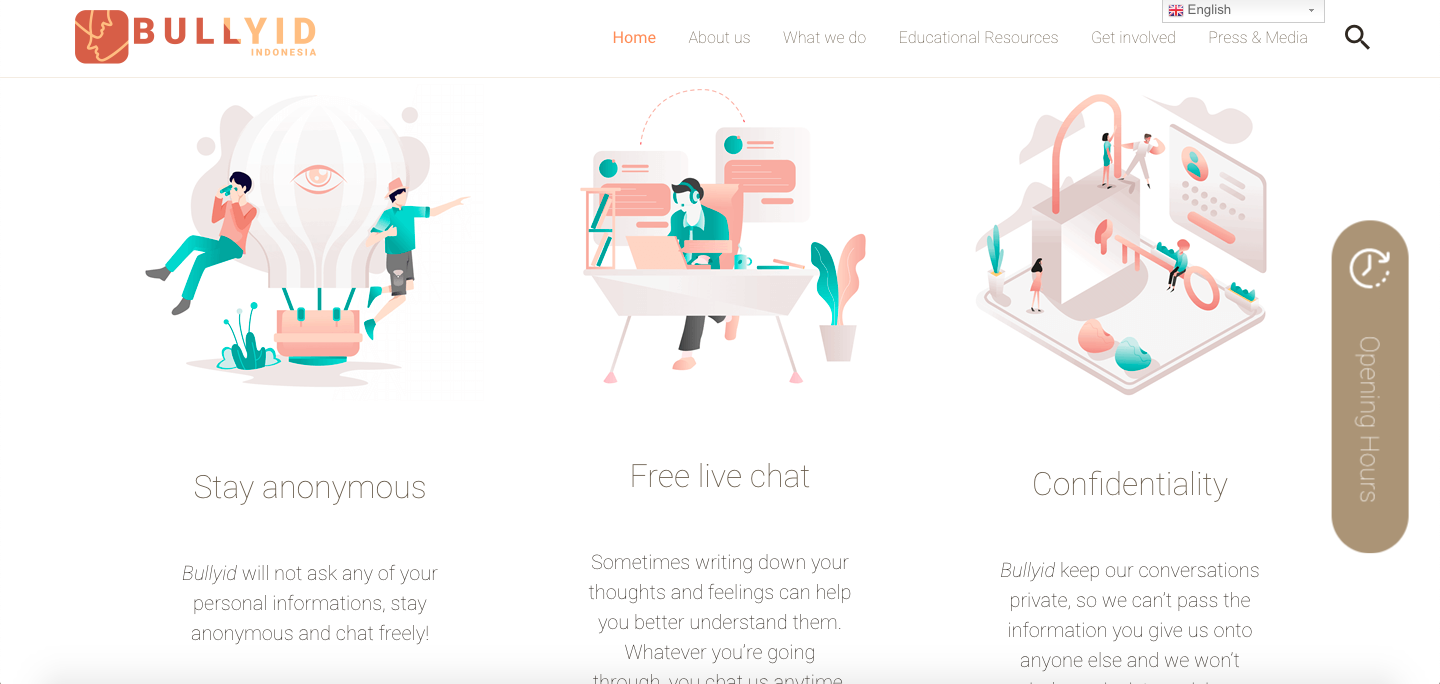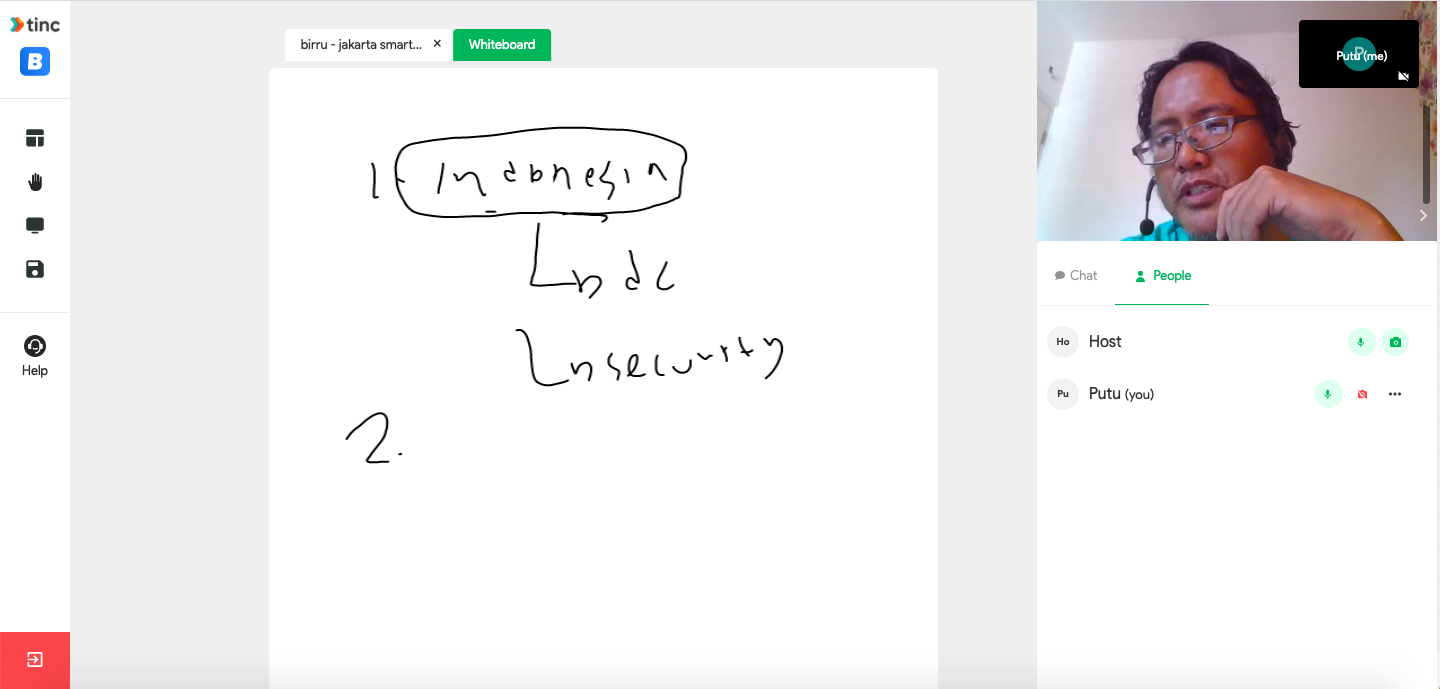As Indonesia’s first smart city, Jakarta has become the model of how local governments can make use of technology to improve their efficiency and civic engagement. With the Covid-19 pandemic still disrupting daily life in Jakarta and beyond, the capital has to look for new solutions to serve its residents and adapt to the “new normal” of online-geared living, from working to socializing and shopping.
To that end, the Jakarta Smart City agency launched a four-week hackathon to seek out startups with solutions that could help the city expand its tech-powered services and solve the new challenges brought about by Covid-19. The program, which concluded on August 28, was organized in collaboration with the city government of Berlin. As Jakarta’s sister city, Berlin provided €1,500 as prize money for the winner.
The program shortlisted 10 finalists out of 18 applicants, all of which will sign MoUs for collaboration with the city’s government. Details of the exact timing and form of partnership are yet to be announced.
CompassList spoke to three of the finalists, which presented their solutions at the pitch session on August 26, to learn more about their products. All three are early-stage companies that are still seeking traction, but they are confident that the chance to work with Jakarta city would accelerate their growth.
After weeks of rising Covid-19 numbers, the Jakarta city government has decided to reintroduce tight social restriction measures. Businesses and government offices in essential sectors are required to reduce capacity, while non-essential businesses have to re-implement work-from-home.
Doktersiaga: Connecting patients with hospitals

When a prospective hospital patient needs to search for information about available facilities or to book appointments, they have to call the hospital directly. This can be easy when they already know which doctor they want to talk to or the hospital they want to visit, but not if they are looking for the most affordable options or the places closest to their home. Meanwhile, hospitals are also limited by the number of customer service staff that can take calls, meaning they might lose opportunities to inform prospective patients and make appointments.
Doktersiaga aims to bridge this gap with its hospital chatbot. Patients can go to the Doktersiaga website and connect with Doktersiaga’s WhatsApp chatbot to ask questions about doctors’ schedules and the availability of certain services and facilities such as ultrasound imaging and childbirth services. These functions can be accessed for free, but a premium subscription is needed to actually book appointments through the chatbot. A basic subscription costs IDR 35,000 per month and allows the user to book appointments for two people.
On the hospitals’ side, Doktersiaga provides a white label chatbot engine that can help hospitals answer patient queries and manage appointments through their own WhatsApp Business number. The chatbot can be overridden by hospital staff to answer queries that are outside of the chatbot’s range of responses. However, Doktersiaga CEO Fatah Iskandar Akbar told CompassList that the chatbot has learned from a variety of interactions, meaning that it does not require too much human intervention.
Since it was launched in 2018, the Doktersiaga chatbot has responded to 50,000 users and acquired around 90 paying users according to Akbar. While the company is eager to work with hospitals, the hospitals themselves are still focusing on dealing with the results of Covid-19, such as reduced patient counts and conversion of facilities towards Covid-19 treatment. To address the shortfall in users, Doktersiaga is working with a home-care service provider to help elderly patients and those with chronic illnesses.
Bullyid: Help for online abuse victims

The Covid-19 pandemic has pushed many aspects of our lives to the virtual world, from working and studying to interacting with our friends and family. Unfortunately, this also means that some of the worst aspects of online life, such as cyberbullying and revenge porn, have affected more people. Many do not know what to do or with whom to share information when faced with such problems. In some cases, their decision to openly share their stories results in the perpetrator suing them for defamation or otherwise pressuring them into silence.
Launched just this year, Bullyid aims to provide a free and comprehensive support platform for victims of abuse. Users can talk to trained volunteers by means of an anonymized chatbot for emotional support or to ask for possible legal options if they need to escalate their case to the authorities. Bullyid has also established a revenge porn help center, which provides advice to victims of intimate image abuse and helps them request image takedowns on social media platforms.
To provide the best service to its users, Bullyid has built its own web chat platform instead of using platforms such as WhatsApp so as to not collect user information and thus prevent privacy issues. The company, which is established under a nonprofit foundation, has also recruited certified lawyers and psychologists to train the volunteers and talk to users. Contacting these licensed professionals will be made a paid service under a freemium model, but founder Agita Pasaribu told CompassList that users will always be able to talk to someone when they need help.
Though it is still early days for Bullyid, it has already outlined plans to broaden its range of services and ensure its sustainability as a business. Besides introducing its freemium model, the company will soon launch a self-assessment chatbot to help users learn whether they are in an unhealthy relationship with their partner. It has also pitched a collaboration with the Jakarta Smart City administrators to collect citizen reports related to suicide attempts and domestic violence through the city’s JAKI app. This way, it aims to understand these issues and provide prompt assistance.
Birru: Business collaborations and customer service

When it comes to online meetings, Zoom, Skype, or Google Meet are common solutions. Indonesian startup Birru, however, believes it can carve a niche in the collaborative workspace. On top of standard video conferencing and presentation features, it features a collaborative whiteboard-style platform and Google Drive integration for users to work together and brainstorm ideas while on the call. Users can even scribble over shared PDF documents and videos.
The company’s CEO, Baihaki Ageng Sela, said in an online call via the Birru platform that the product was originally developed for his online learning startup Natieva. Beyond the platform’s origins in edtech and the obvious advantages for collaborative work, however, Sela is further pitching Birru towards service uses, allowing government workers and company employees to work from home without losing productivity.
In the Future Jakarta City pitching event, Sela demonstrated how Birru could be used in government contexts to automate processes such as submitting documents and filling in forms, while also allowing for direct communication without needing to physically meet. For private clients, Birru could be used by customer service workers or insurance agents to explain certain documents and processes, using visual media that they would not be able to use in phone calls.
Sela plans to launch Birru commercially in October, with annual subscription for one virtual collaboration room priced in the IDR 1.5m-2m range. Each room can accommodate up to 75 people at the same time, which makes it sufficient for small businesses and online education providers. Ahead of this launch, Birru has already worked with Telkomsel to provide the Ilmupedia package, which delivers affordable access to online learning platforms and services.











